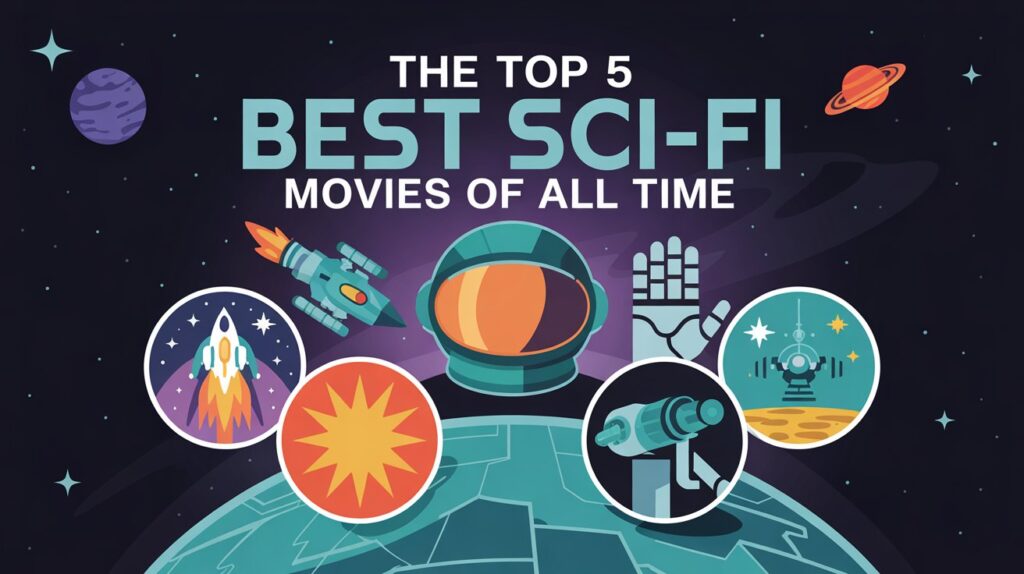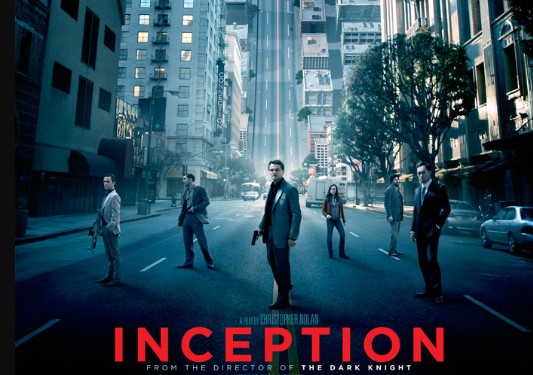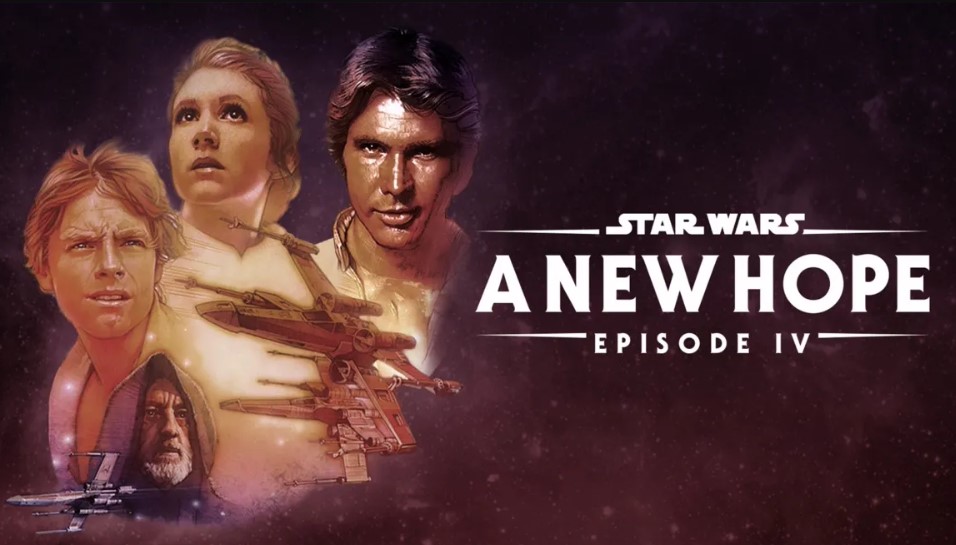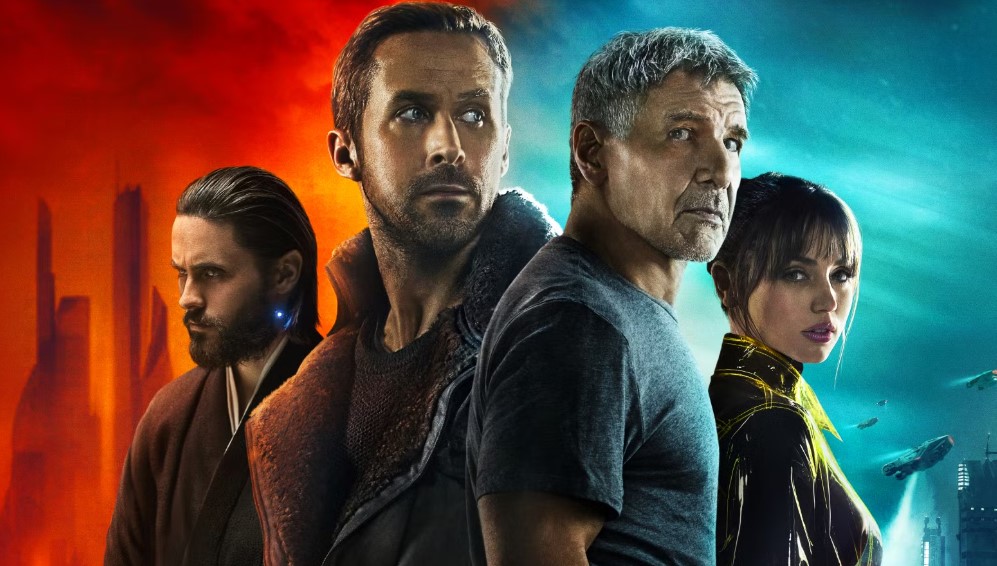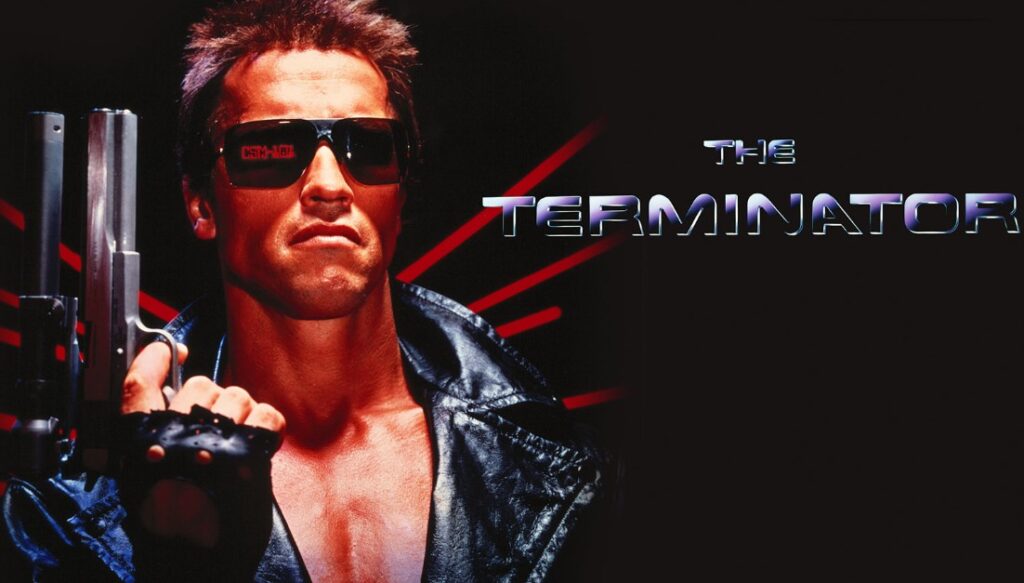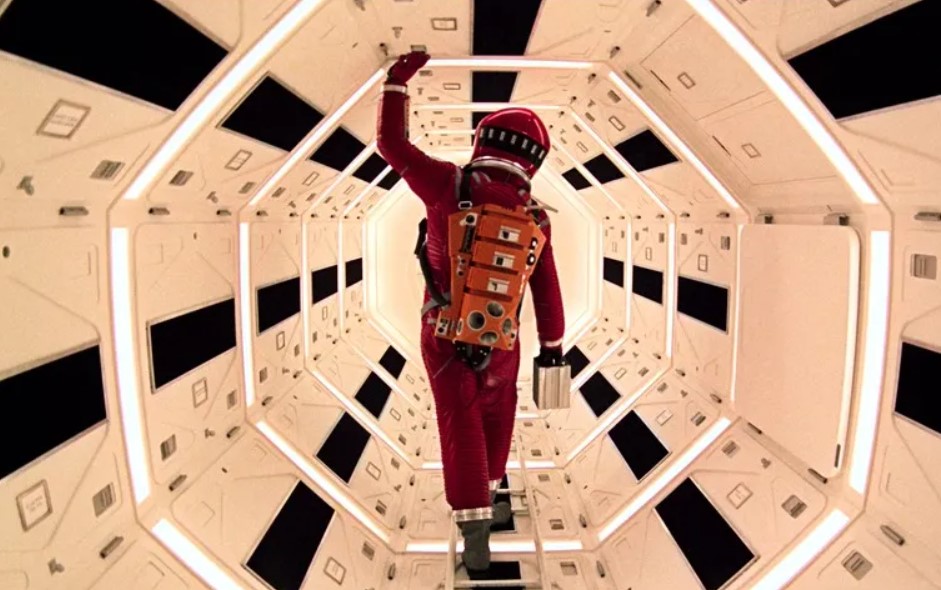Last updated on: March 30, 2025
Let’s be real—science fiction is more than just lasers, spaceships, and robots. It’s about imagination, exploration, and the endless “what if?” questions that keep us up at night. What if dreams could be hacked? What if a single choice altered the fate of the galaxy? What if artificial intelligence became more human than us?
Sci-fi films don’t merely entertain us; they redefine how we perceive the world. And among them, some films have stood tall over the years, forever redefining the way we perceive the future. Today, I’m going to take you through the top five sci-fi films of all time—films that not only redefined the genre, but also revolutionized cinema itself.
The Evolution of Sci-Fi Cinema
Before we jump into the list, let’s appreciate how far sci-fi films have evolved. In 1902, A Trip to the Moon introduced audiences to their first vision of space travel—complete with a rocketship slamming into the moon’s eyeball (yeah, ouch). Skip forward to the 50s and 60s, and we have alien invasions, Cold War allegories, and the emergence of futuristic dystopias. Then came the 70s and 80s, and with them, the birth of the modern sci-fi blockbuster.
Today, sci-fi is bigger and bolder than ever. But no matter how advanced our CGI gets, these five movies continue to stand the test of time. Let’s get into it.
1. Inception (2010)
Imagine waking up… only to realize you’re still dreaming. And then waking up again… and dreaming still. That’s Inception for you—a movie that warps reality so convincingly that you end up doubting everything. Directed by Christopher Nolan, this brain-twisting thriller traces Dom Cobb (Leonardo DiCaprio), a burglar who doesn’t steal cash or diamonds—he steals ideas from individuals’ unconscious. But when he’s presented with the greatest challenge of all—seeding an idea in someone’s head rather than harvesting one—the story falls into a complex web of dreams within dreams.
What makes Inception so unforgettable? The sheer genius of its storytelling. The idea of “inception” itself is intriguing, but what really gets you is the way Nolan structures the story like a Russian nesting doll. And let’s not forget Hans Zimmer’s legendary BRAAAM sound effect that still sends shivers down our spines. It’s a film that requires multiple viewings—because let’s face it, you didn’t quite get it the first time.
2. Star Wars: Episode IV – A New Hope (1977)
Even if you’ve never seen Star Wars, you know Star Wars. That’s how much of an influence this film had. When George Lucas directed A New Hope in 1977, overnight, sci-fi films changed. The movie made us meet Luke Skywalker, a farm boy who finds his purpose as a Jedi and becomes part of the struggle against the nefarious Galactic Empire. And naturally, it gave us Darth Vader, one of the greatest villains of all time.
Why is this movie so great? It wasn’t merely a film—it was a cultural phenomenon. The world-building, the lightsaber fights, the practical effects that remain impressive to this day… A New Hope established the gold standard for space operas. And let’s be real, the first time you saw the Millennium Falcon jump into hyperspace? Magic.
3. Blade Runner (1982)
Los Angeles, 2019. Flying cars, neon lights, and artificial humans called replicants. Ridley Scott’s Blade Runner revolutionized sci-fi and made it an art form. With Harrison Ford as Rick Deckard, a blade runner who has to track down rogue replicants, this movie is as much a detective novel as it is a work of philosophy.
But Blade Runner is more than merely cool looks (although its cyberpunk style is iconic). It poses profound, disturbing questions: If a thing thinks, feels, and dreams, does it have the right to live? Are we defined by our memories? And what, actually, is being human? These remain long after the film ends, making Blade Runner a classic.
4. The Terminator (1984)
One sentence: “I’ll be back.” And boy, did he come back.
James Cameron’s The Terminator is a pulse-pounding, time-travel-infused action thriller that introduced the world to the unstoppable T-800 cyborg, played by Arnold Schwarzenegger. The premise? A killer robot from the future is sent back in time to eliminate Sarah Connor before she can give birth to the future leader of the human resistance. Simple, right? But the execution? Flawless.
The Terminator wasn’t simply another action movie—it was a chilling vision of a future where artificial intelligence is out of control. And let’s not omit the practical effects that remain effective even today. While Blade Runner questioned AI, The Terminator scared us.
5. 2001: A Space Odyssey (1968)
If Star Wars was the film that popularized sci-fi as fun, 2001: A Space Odyssey was the film that made sci-fi meaningful. Directed by Stanley Kubrick, from Arthur C. Clarke’s work, this film is more of an experience than a movie. It transports us from the origins of humanity to the outer limits of space, dictated by the enigmatic black monolith and the haunting AI, HAL 9000.
What makes 2001 a legend? Its dreamlike images, its eerie quietness out in space, and the sensation that you are experiencing something far beyond human understanding. It’s slow, it’s deliberate, and it’s utterly captivating. If you’ve ever dreamed of experiencing the feeling of actually drifting in the desolate vastness of space, this is your movie.
What Makes These Sci-Fi Movies the Best
Every one of these movies did something remarkable. They didn’t simply tell fantastic tales—they pushed the limits of what was possible in sci-fi. They showed us new worlds, new concepts, and new terrors. And most vitally? They lingered in our minds.
Great science fiction does not simply look to the future—it causes us to look back at the present. Whether challenging reality (Inception), searching for destiny (Star Wars), or dealing with artificial intelligence (Blade Runner and The Terminator), these films still provoke and inspire.
Final Thoughts
Sci-fi isn’t only about the future. It’s about us—our hopes, our fears, and our bottomless curiosity. These five films didn’t only set the genre; they set generations of directors and audiences alike. And if you haven’t seen all five of them yet, what are you waiting for?
Ultimately, sci-fi isn’t only about what can be—it’s about what can be imagined. And the possibilities? They’re limitless.
So, which of these films blew your mind the most? Or did I miss a favorite of yours? Let’s discuss sci-fi!

